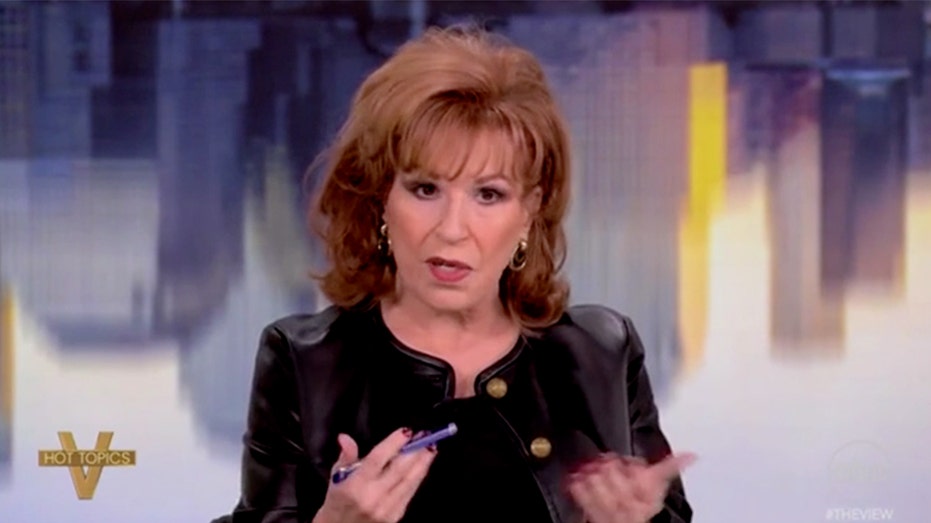
Joy Behar’s Bold Claim on ‘The View’
In a recent episode of ABC’s The View, host Joy Behar stirred a lively discussion by claiming she could be friends with a Trump supporter. This surprising statement came while she and her co-hosts analyzed a scene from HBO’s hit series, The White Lotus, that has sparked much debate online.
The conversation revolved around themes of loyalty and political division, which are more relevant than ever in today’s polarized environment. Behar’s assertion has ignited a flurry of reactions, making it a key topic of interest for viewers.
Understanding the Context
The scene in question portrays intense personal dynamics reminiscent of real-life political controversies. The White Lotus has been known to tackle such issues through its satirical lens, providing a mirror to society’s complex relational fabric. As a result, it was natural for the discussion to veer towards political allegiances.
Many viewers may wonder how a celebrated liberal like Behar could express willingness to befriend a Trump supporter. However, she stressed the importance of human connection, regardless of differing political views. Behar remarked that life’s moments should not be overshadowed by political beliefs. This perspective aligns with a growing sentiment among some Americans seeking unity over division.
Audience Reaction to Behar’s Comments
The audience response to Behar’s comments has been mixed. Social media platforms buzzed with opinions following the episode’s airing. Many fans appreciated her open-mindedness and willingness to bridge divides. They pointed out that friendship doesn’t have to be contingent on political alignment.
Conversely, some critics argued that advancing friendships with Trump supporters may undermine core values that many have advocated for. Discussions centered around how holding conversations with those of opposing views can impact relationships in constructive or destructive ways. This dichotomy mirrors discussions happening across the country as people grapple with differing ideologies.
The Bigger Picture: Political Divisions in America
Behar’s comments reflect a broader trend where individuals increasingly seek to connect with others despite political differences. Numerous studies suggest that political polarization is affecting relationships at all levels. For many, the political discourse that once seemed manageable has led to estrangement and heartbreak.
Dr. Emily Greene, a sociologist specializing in political relationships, notes, “Maintaining friendships across the political spectrum requires effort and understanding. Some people, however, feel it’s a betrayal of their values to engage with certain viewpoints. It’s a delicate balancing act.”
As a result, Behar’s proposition could serve as a stepping stone for fostering dialogue between parties that often find it challenging to communicate. Initiatives promoting political discourse and understanding, such as community forums and moderated discussions, are gaining traction in various communities.
The Impact of ‘The White Lotus’
As a cultural phenomenon, The White Lotus continues to evoke discussions that reach beyond entertainment. Its exploration of privilege, ethics, and society’s ills resonates with viewers, prompting them to assess their values and relationships.
The show does not shy away from controversial topics, making it a breeding ground for robust discussions about today’s societal norms. Its ability to challenge and invoke dialogue aligns perfectly with Behar’s sentiments towards understanding others, regardless of their political beliefs.
Conclusion: Is Friendship Beyond Politics Possible?
Joy Behar’s assertion that she could befriend a Trump supporter opens the door to a crucial conversation about the nature of friendships in a politically divided society. Whether one agrees or disagrees with her perspective, it’s vital to recognize the importance of dialogue.
In a world where political divisions often overshadow personal relationships, Behar’s comments serve as a reminder to remain open to discussions. Moving forward, it may become increasingly important for individuals to navigate these relationships with empathy and respect.
Reference: Source Article

